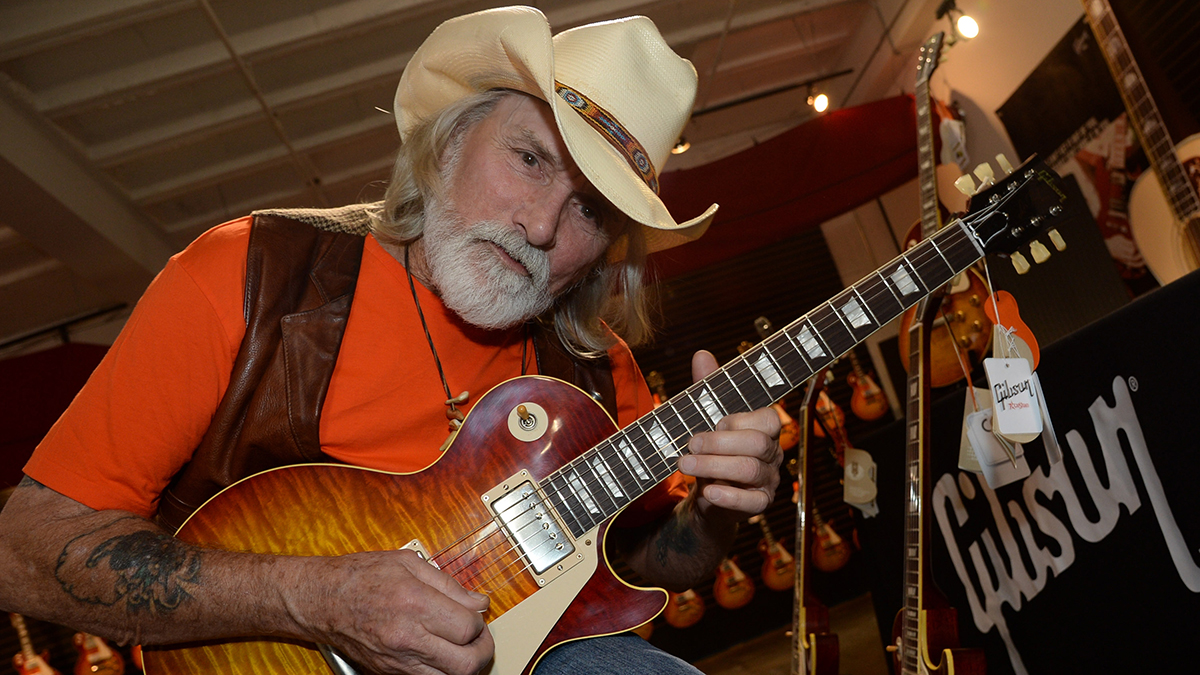Charlie Sheen tried to stay upbeat, even as he stammered at times while talking about the HIV diagnosis that brought him to "Today" Tuesday morning. He said he's not taking illegal drugs anymore, though he's "still drinking a little bit." He chuckled at times, although his laughter proved rueful — especially when he recounted "shakedowns" that have cost him, as interviewer Matt Lauer noted, some $10 million.
"It's another chapter of my life," Sheen said, with what amounted to a verbal, what-can-ya-do? shrug.
Television's once highest paid sitcom actor returned to the medium where he found his greatest success to confirm he learned four years ago he has HIV. He seemed like a different man from the wisecracking star of "Two and a Half Men" and the wild-eyed hellion who ranted about having "tiger blood" and always "winning" during a sad public meltdown four years ago, presumably around the time of his diagnosis (though he attributed his antics to "roid rage").
Despite his appropriately subdued demeanor Tuesday, he was in some respects the same old Charlie Sheen: a demon-plagued talent who can't help but share his current state of mind when the cameras are on him. Yet even on a day brimming with news far more important than one entertainer's health status, Sheen's "Today" appearance made for compelling television.
Under gentle, yet thorough questioning by Lauer, the 50-year-old father and grandfather all but said he was there to get ahead of tabloid reports about his condition and to end extortion attempts ("I think I released myself from this prison today," he told Lauer). He said he never knowingly transmitted the virus, though he admitted he's had consensual unprotected sex with two people "under the care of my doctor." Sheen stayed calm as Lauer suggested he could face lawsuits or criminal prosecution.
With Dr. Robert Huizenga by his side, Sheen said he took his anti-viral medication daily, while avoiding illegal drugs amid struggles with depression. "We're terrified about Charlie," said Huizenga.
Sheen's announcement seemed light years from similar revelations by Arthur Ashe and Magic Johnson in the early 1990s, far different men in a far different time in the quest to treat HIV and the fight against the stigma associated with the virus.
U.S. & World
In perhaps his clearest moment of self-awareness, Sheen said he's no role model — or, as he put it, "poster man." Still, he saw value, beyond staving off "unsavory and insipid types," in using the celebrity he's built over a three-decade career to do some good: "Hopefully with what we're doing today, others may come forward and say, 'Thanks, Charlie, thanks for kicking the door open.'"
Whether the door to his career is closed (he told Lauer he has some deals in the works) shouldn't matter. It's unclear when or in what context fans will hear from Sheen again. But whatever his next chapter, Sheen seems destined to maintain his open-book approach to public life as he keeps trying to rewrite his definition of "winning."
Jere Hester is Director of News Products and Projects at the City University of New York Graduate School of Journalism. He is also the author of "Raising a Beatle Baby: How John, Paul, George and Ringo Helped us Come Together as a Family." Follow him on Twitter.



